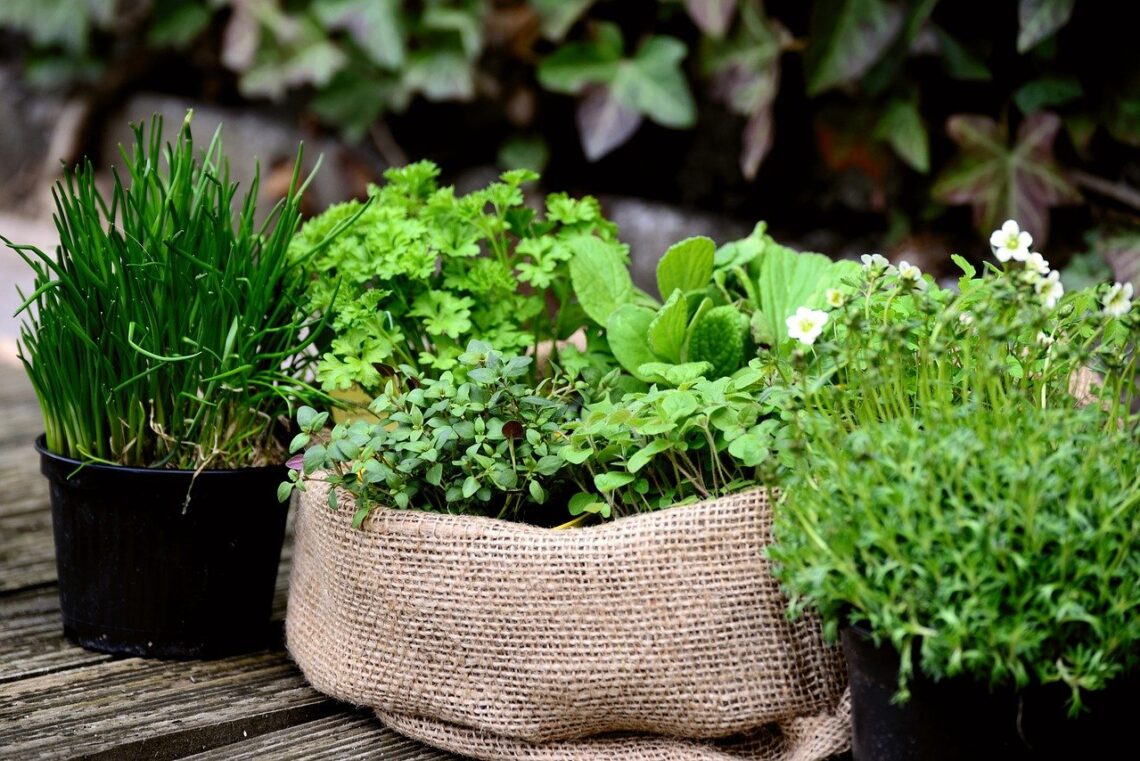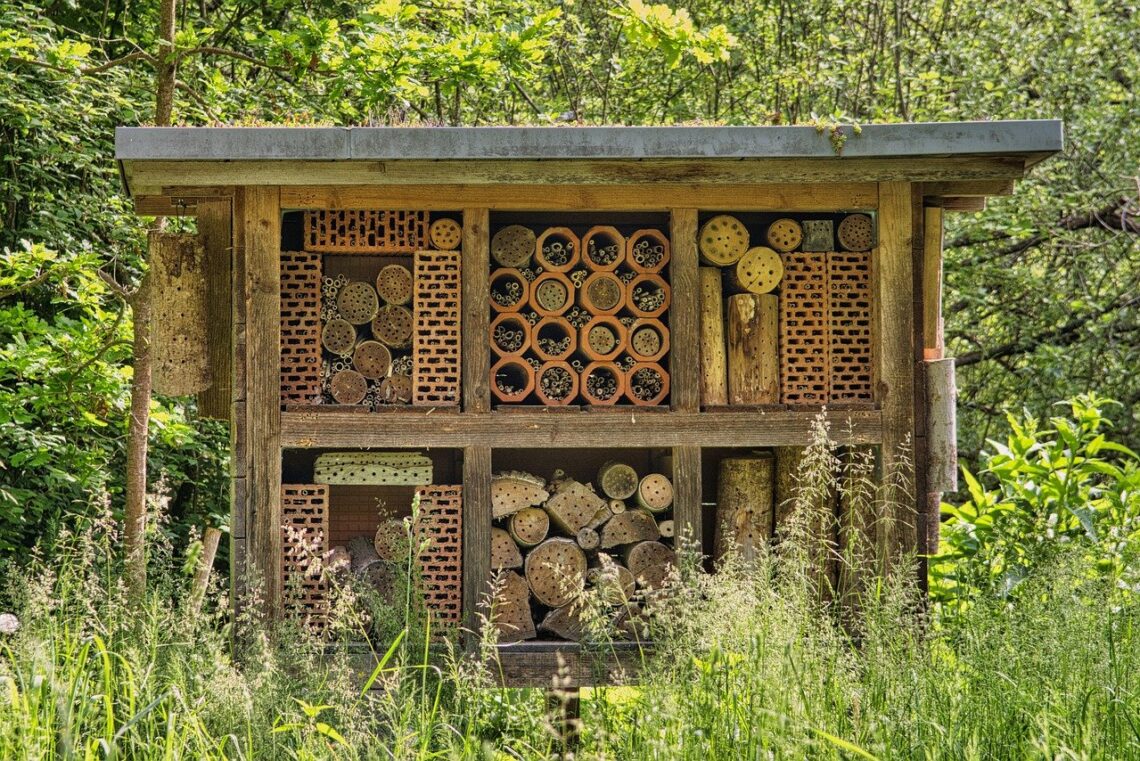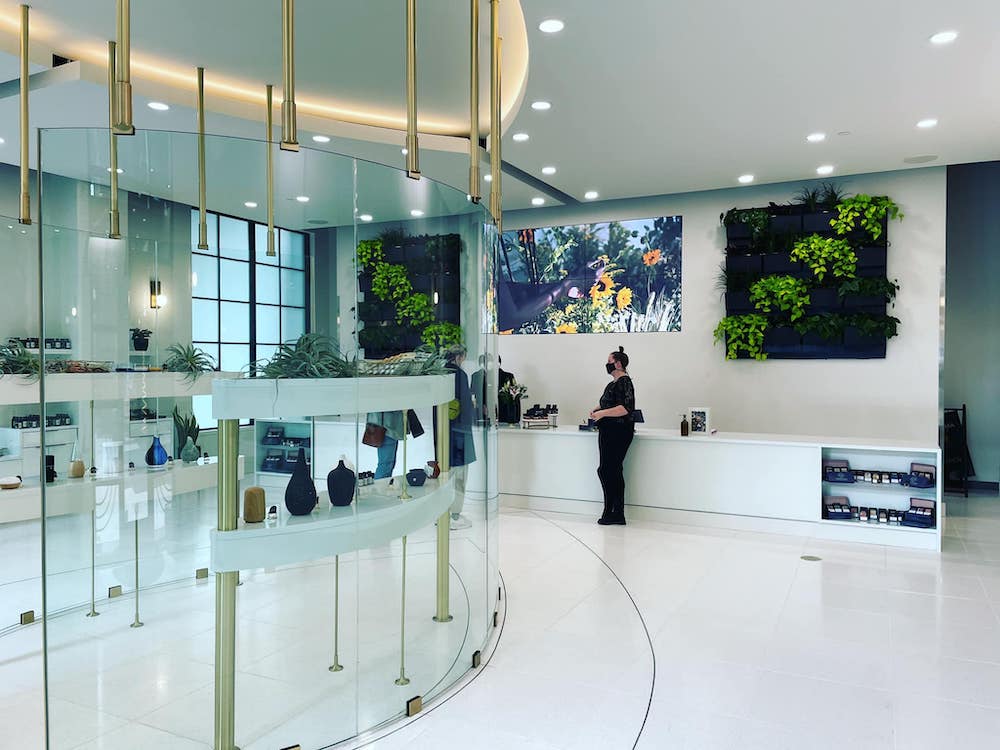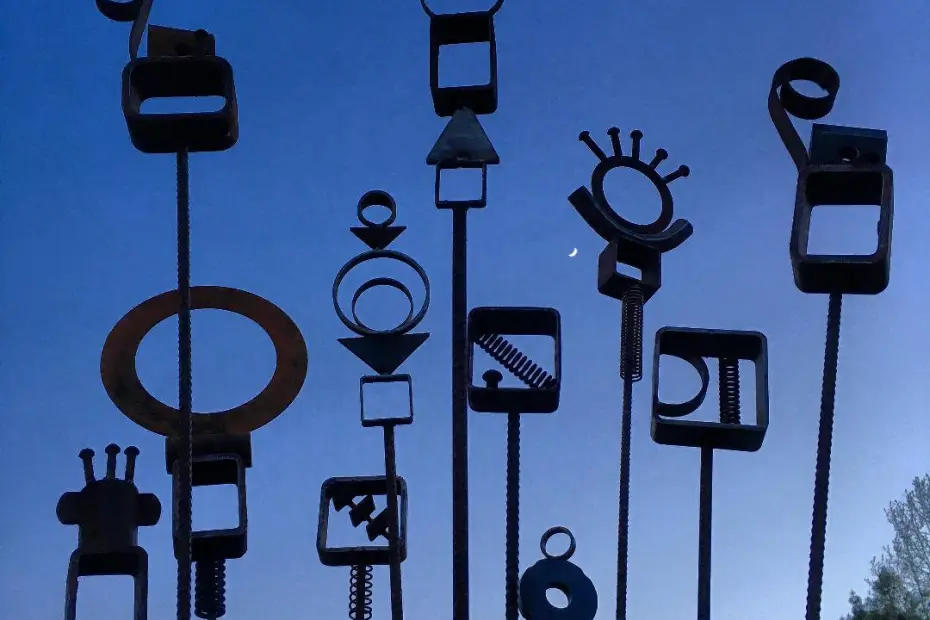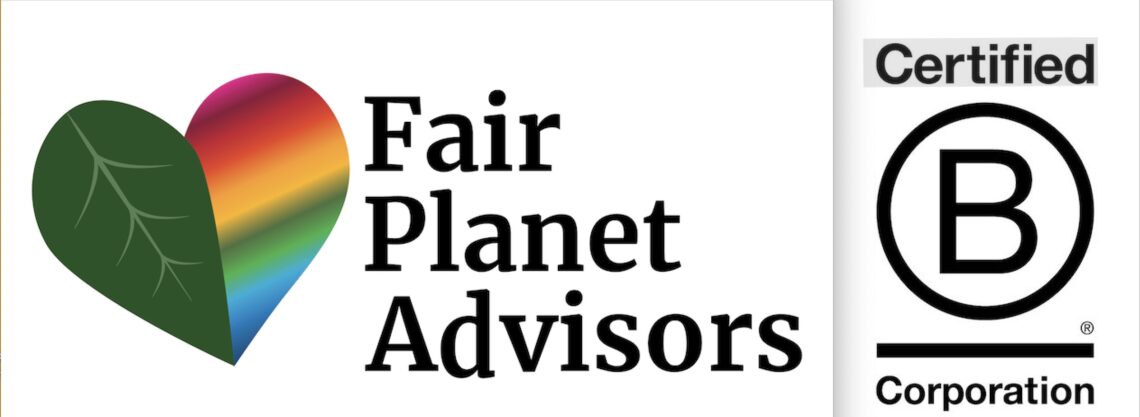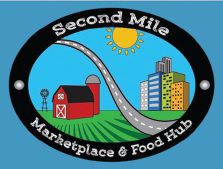Early spring is the time to plan for all kinds of gardening. Whether starting from scratch or adding to what you already have, be sure to include some herbs in your planning. Herbs come in a variety of sizes and colors, perennials and annuals, but are relatively easy to grow and maintain. So, as you choose your herbs for planting, keep the following ideas in mind. Four Common Growing Basics 1) Lots of Sun Because of their Mediterranean heritage, herbs do best in full sun. Five to six hours of sun is most suitable. A few herbs like mints will do fine in partial shade. The summer annuals – basils,…
-
-
Our Own Backyards
EDITOR’S PAGE Long before we began publishing the Green Living Journal, we bought a home that happened to be well insulated and heated and cooled with an efficient electric heat pump. It was the year 2000, and little did we know then that we had set the stage for our future personal journey to reduce our environmental impact. Our 3/4 acre property was nothing more than an empty field with blackberries and a few oaks, cherry, and hawthorn trees on the edges. So, over the next several years, we established our veggie garden, planted five kinds of berries, and kiwis, and added several different species of trees and shrubs. Of…
-
Bugs in the Garden
Bugs, butterflies, and beetles – in our gardens and on our plants. Sometimes we are happy to see them, and often we are not. In either case, insects are necessary for our plants and consequently for us to survive. Some of them flit about pollinating, while others spend time eating and decomposing garden debris. Even the ones we dislike can be food for other beneficial insects, birds, and garden reptiles. Unfortunately, insects are generally in trouble, with almost 40% of insect species at risk of becoming extinct. So what can we do to help save and protect the insect ecosystem? One of the first and easiest projects we can undertake…
-
Mountain Rose Herbs Opens Two Aroma Bars
Mountain Rose Herbs announces the opening of two new Mountain Rose Aroma Bars designed to engage the senses through high-quality, ethically sourced essential oils and personal aromatherapy products. “The Aroma Bar is a celebration. We are reinvigorating retail in a post-COVID world,” said Mountain Rose Herbs owner and CEO Shawn Donnille. “As far as we know, a boutique aromatherapy marketplace like the Aroma Bar that carries all-natural, ethically sourced botanical oils doesn’t exist anywhere else in the United States.” Renowned as one of the nation’s largest organic bulk herbs distributors, Mountain Rose Herbs brings more than three decades of expertise in sourcing the finest quality organic, sustainable botanicals and oils.…
-
Recycled Arts and Sustainable Living Festival
June 4th and 5th Yamhill County Fairgrounds 2070 NE Lafayette Avenue, McMinnville). Zero Waste McMinnville had to surrender to the pandemic by curtailing their impactful hands-on volunteer crusade to make McMinnville the first Zero Waste city in Oregon. However, they now feel that the pandemic is manageable for them to re-enter the community with their efforts. Therefore, they invite one and all to join them. They encourage you all to re-engage with Zero Waste McMinnville by joining their effort as a volunteer. They will need help raffling off two electric bikes and volunteers with Zero Waste Oregon and Edible Landscapes of Yamhill County. They also need volunteers to sit in…
-
Fair Planet Advisors Is B Corp Certified
Exciting news: after a year-long certification process, Fair Planet Advisors has been recognized as a certified B Corporation. They are the third B Corp in the Columbia River Gorge and new members of B Local PDX, with 135 B Corp members in Oregon and SW Washington. There are currently over 4,550 Certified B Corporations in 78 countries and over 150 industries that believe that business can and must be a force for good. B Corp explains it best, “While Systems are complex, the truth is they were built by people, so they can be changed by people. After all, humanity is interdependent with one another and with the planet.” They wish…
-
Second Mile Marketplace & Food Hub
Food Hub Plant sale Saturday, April 23, 10am to 2pm 11819 NE Hwy 99, Vancouver, WA Local farms offer starts of veggies, berries, perennials. Reasonable prices, variety, sustainably grown, and supporting local farms! Hot coffee, hot cocoa, and treats made in the Second Mile kitchen For more info: secondmilemarketplace.com The Marketplace is a well-equipped, licensed commercial kitchen offering kitchen rental, storage, meeting space, and business development assistance. Our mission is to help creative food entrepreneurs launch, grow and thrive in their food businesses. The Food Hub is an online shopping platform where you can find the freshest and most unique food products from around Southwest Washington. Pick and choose from a variety of products that…
-
Dirt Hugger Opens Landscape Yard
749 Snipes St, The Dalles, OR Mon -Fri 8am – 4pm 541-946-3478 Dirt Hugger, located in The Dallesport, WA, has produced organic compost since 2010 using locally available feedstocks such as fruit, wood, and beer yeast. They use their organic compost as the base in many soils and potting mixes. Each soil product is available in bulk, bags, or totes. They also offer rock, gravel, and a full line of landscape barks. Custom blends are also available. Their products are also available at retail outlets in The Dalles, Hood River, Bingen. Goldendale, Portland, Vancouver, and Boring For more info: www.dirthugger.com
-
Buy Victory Panels
In the past ten years, we’ve installed solar panels on my house three times. This year we’ll do it again. We save for a while, buy panels, earn our money back on sunshine, electrify more systems in our house and then repeat. Through all the industry changes, the reduction in panel costs, and fluctuating incentives, I’m often asked, when is the best time to buy? My answer: every time. Every single time we spent money on solar panels it ended up being one of the best purchases of our lives. Why? Because financials are only part of the story. While solar panels can, and should, make some economic sense, I…
-
Enough
“Only when all contribute their firewood can they build up a strong fire.”Chinese proverb. It was a beautiful, sunny fall day today, and I was out for my walk, reveling in the colors of the leaves and the crispness of the air, this being my favorite season. As I passed the neighborhood elementary school, I noticed that some classes were sitting outside, having lunch under a shelter. The kids were sitting on mats, all spread out per COVID guidelines, and appeared to be enjoying themselves. Observing this made me think once again about how adaptable and flexible we need to be to cope with the multitude of challenges, large and…

